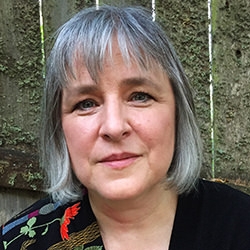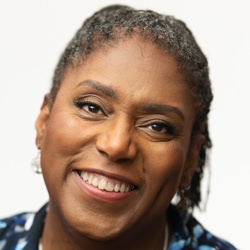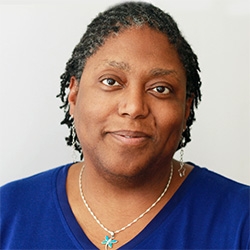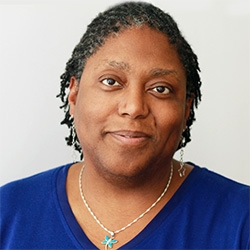

Search Results: nvc
-
Enjoy Dian's overview of the 4-step model and its application to the workplace. Learn how NVC can help you: generate intrinsic motivation… discover creative solutions… create greater accountability and buy-in…reinforce behaviors you like and change others… and experience a LOT more fun, joy and aliveness at work!
-
Many of us check our full selves at the door when entering our workplace. Would you like to learn how to apply NVC principles at work instead? In this session, Jeff details how you can step into greater authenticity at work!
-
According to this article, what we do before we move into the NVC dance profoundly influences the outcome and everyone involved. This "before" step increases the likelihood of living compassionately, and our support openness to outcome. It can also make our NVC practice less connecting, and more evaluative. The article addresses these points and talks about ways to move beyond the dead past, and the imagined future, to step into the the only “time and place” that both NVC operates and that the connection we so fervently want actually exists (ie. the present moment).
-
Jim and Jori discuss the root of Nonviolent Communication, needs consciousness. Participate in guided processes to deepen your own needs consciousness.
-
If you’re interested in improving your relationships, advancing in your career, or enhancing your capacity for change in life in general, communication is a powerful lever. Presence, listening, bringing curiosity and care, focusing on what matters, and pausing with silence, are all key. Read on for five foundational and advanced core practices you can start using today to improve your communication.
-
Here are some very basic forms and distinctions of NVC. It covers the 4 D's, OFNR, some NVC distinctions, tips, quotes from Marshall Rosenberg, and "feelings and needs" lists, and more. As with any art, these rudiments necessarily must be learned, practiced, understood, embodied and then let go of so as not to become rote and block creativity.
-
John introduces his Self-Connection Exercise as a mindful way of coming to awareness via OFNR. Breath: immediately observable, a reminder to observe. Body: feeling the body, awareness of sensations. Needs: an experience of wholeness that expands awareness of the totality of experience. Listen.
-
When you experience an emotion, your body send a message to your brain that lights up the amygdala. Then what? Listen as Sarah Peyton demonstrates the NVC practice of Naming the Feeling and Need, which calms the amygdala and enables you to move into relational space.
-
There is more to the NVC skill of Observation than the external level of what a video camera sees or hears. In this video, Roxy demonstrates that to fully understand what is happening, we need to know all three layers of observation: External, Internal, and Systemic. 
-
Roxy Manning shares some strategies to support a child's natural curiosity when asking questions about physical differences using NVC skills.
-
Here are seven self inquiry questions. Half of them can help you assess your NVC consciousness. The other half can help you move from pain, fear, resistance, judgement, criticism, and shame – to love, compassion, understanding, appreciation, curiosity, and more.
-
In this recorded telecourse, John Kinyon, world renowned CNVC Certified Trainer, offers an overview and practice with four elements of empathy – presence, understanding/meaning, need language and deepening into needs.
-
No one likes demands. Do you want to have access to choice when requests or demands come your way? Join CNVC Certified Trainer Arnina Kashtan as she provides tools to free yourself from the submit/rebel dynamic.
-
Experience a powerful blend of Nonviolent Communication and Emotionally Focused Couples Therapy.
-
Join CNVC Certified Trainer Dian Killian to find out how to speak up in a way that ensures you're heard, even in challenging situations.
-
Imagine a world where mediation is a basic life skill taught early to support cooperation.
-
Certified CNVC Trainer Roxy Manning, Phd, shares three steps on how to reflect on what needs are being served when deciding to implement a strategy.
-
Certified CNVC trainer Roxy Manning, Phd, answers a question: how to create a safe space for a first time group working on power and privileges ?
-
In this practice group class, certified CNVC trainers Jim and Jori Manske are facilitating the exploration of the topic of Mourning using the three modes of NVC: self-empathy, honesty and empathic presence. You'll learn how to accept a loss, let yourself feel the sadness and all the emotions, and allow yourself to grieve.
-
- Learn how every decision we make perpetuates the status quo or brings us closer to the vision of a world that works for all
- Find out about our big brain capacity to integrate needs, impacts, and resources to make decisions that work for everyone
- Understand why power differences interfere with collaborative decisions and what can be done about it
- Discover tools that support collaboration in larger groups and organizations— even across power differences!
Quick Links

Stay in Touch!
We value your privacy, won't share your email address and you can easily unsubscribe any time.




















